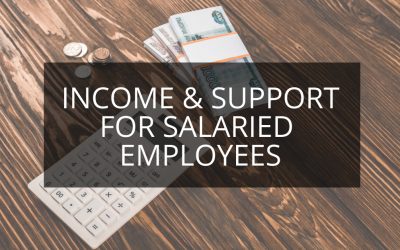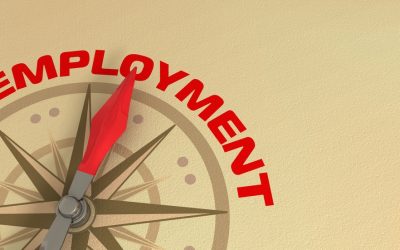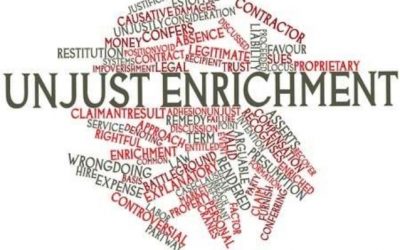
How Long Can I Wait To Look For A New Job?
Every employee suing for wrongful or constructive dismissal is required to mitigate his or her losses by taking reasonable steps to search for new work. This duty to mitigate is a topic that I have written about on several occasions. You can find links to these...
Publicly Placing A Person In False Light
The COVID-19 pandemic forced millions across the province to work or study from home. In order to use videoconferencing or virtual classrooms, a stable internet connection is needed. While the internet has become an indispensable tool for most Ontarians, we...
Income and Support for Salaried Employees
Part 1: Salaried employees In order to calculate the amount of child support payable, we need to consider many factors. Let’s talk about income for salaried employees. The Child Support Guidelines require us to use the line 150 income on your tax return to determine...
Can I Change My Mind After I Quit?
Last year, I wrote about an Ontario Superior Court of Justice decision that dealt with the issue as to whether or not an employee can rescind a resignation. A link to that decision can be found here. The Court of Appeal recently reversed that lower court decision...
Will Your Termination Clause Hold Up?
One of the hot button topics in employment law for the last several years is the enforceability of termination clauses or notice provisions in employment agreements. Such clauses attempt to limit an employee’s entitlements upon dismissal, often to the minimum...
What is the Tort of Harassment?
I am often contacted by individuals who tell me that they have been subjected to harassment. In some cases, the individual did not really have much of a case because the conduct complained of was not severe or harsh enough to cause actual emotional distress. It may seem insensitive, but unfortunately, the law will not compensate an individual because he perceived someone being mean to him.
Introduction to Injunctions
For many people, when they think of civil litigation and going to court, they think of suing for damages or monetary compensation. However, damages are just one of several forms of relief that a court can order.
Wrongfully Dismissed? Where Should You Sue Your Employer?
It is not at all unusual for an employee to reside in one country, but work in another. In fact, it is not unusual for an employee to regularly work in more than one country. It is also common for the employer to maintain its head offices in a different country than...
Negligence and Children’s Liability
As a father myself, the idea of children being held liable hits home for me. We generally consider children to be innocent and incapable of the kinds of wrongdoing that we generally associate with adults. The law, however, does not have the luxury of turning a blind...
Video – What medical information can an employer request?
For most employers, it is a common practice or policy to require medical documentation when an employee is off from work for an extended period of time due to illness or injury. There is, however, a delicate balance that an employer must strike between obtaining...
How Long Can I Wait To Sue My Employer?
This is a question that I am often asked by clients. The Limitations Act, 2002, S.O. 2002, c. 24 provides that a person generally has 2 years from the day when that person knew or ought to have known that an injury, loss or damage had occurred. There are circumstances...
What Is Unjust Enrichment and How Can It Affect My Property Rights?
When people think of property rights between individuals, often matrimonial disputes come to mind. In Ontario, only married couples have a right to what is called “equalization of net family properties” as provided for under the Family Law Act. For unmarried couples,...
Weak Economy? You Could Be Entitled to More Pay in Lieu of Notice
In a previous case comment, I wrote about how an employer’s declining financial health can reduce a court’s assessment of the reasonable notice period that an employee may be entitled to in a wrongful dismissal case. By contrast, in a recent case, Zoldowski v....
Purchasing a Business in Ontario
Preliminary Considerations Acquiring a privately held business in Ontario can be accomplished through an asset or share transaction, depending on both tax and non-tax considerations. Generally speaking, purchasers prefer to buy assets and a vendor prefers to sell...















